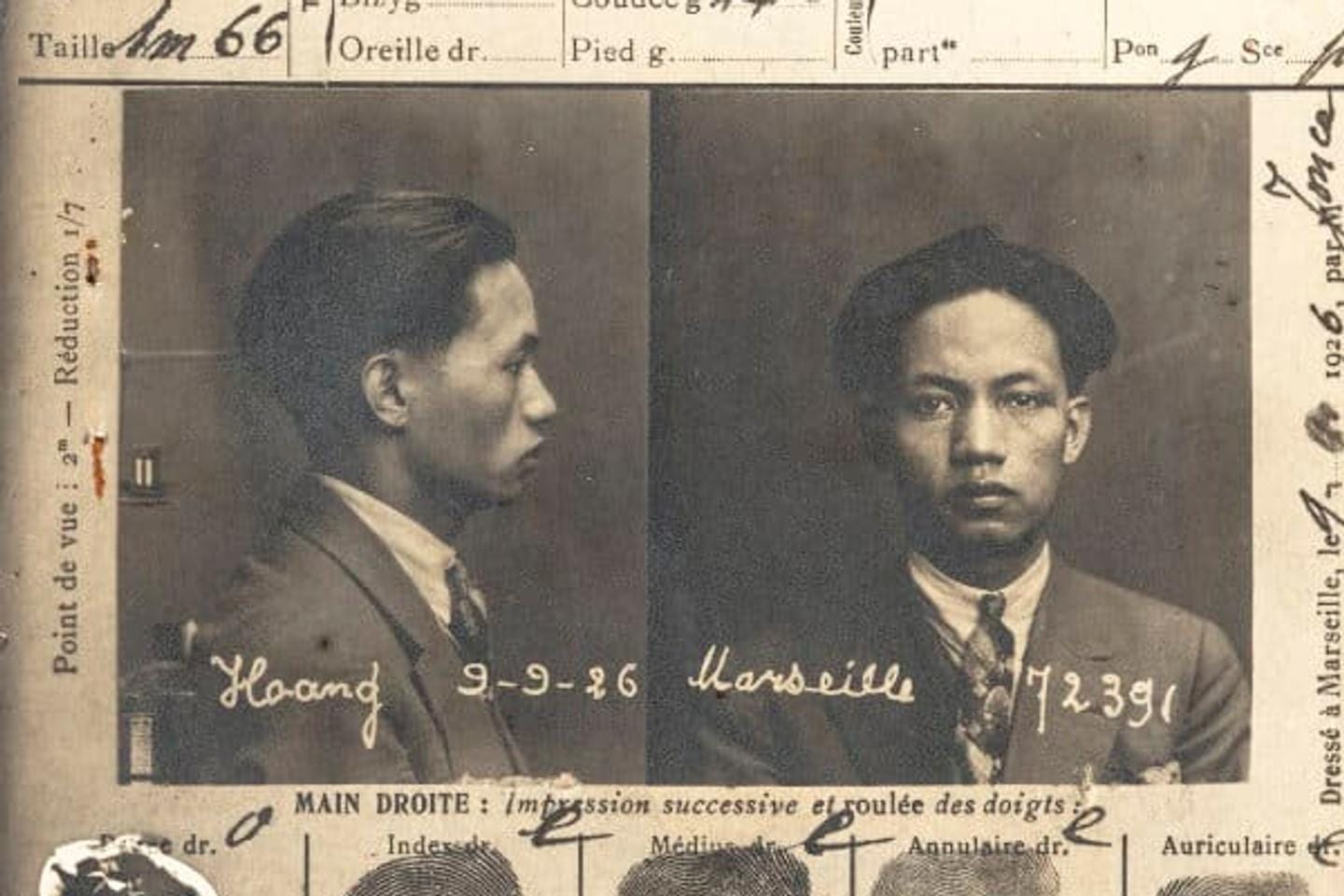Book Reviews: A Selection of Notable Works
Two novels, a story, a literary study, a historical essay, one on linguistics, another on psychoanalysis (of AI!)… Here are brief reviews of seven notable works in this twenty-fourth week of the year.
Linguistics. “Retour à la parole” (Return to Speech), by Julien Barret
We have never spoken so much, on the phone, in voice messages, videos, to take exams, present our work, debate, have fun, challenge each other in games… But what exactly do we know about the machine we set in motion? Drawing on the popularity of elocution contests, whose recent revival he analyzes, linguist Julien Barret, himself a trainer in oratory, delivers a convincing, well-documented plea for a re-evaluation of the technical, aesthetic, moral, and political stakes of public speaking. Only knowledge liberates, he demonstrates as he examines the history of rhetoric, from Antiquity to the end of the 19th century, which marks its disappearance from teaching almost everywhere in Europe. The richness of this tool that we use too often without knowing it remains to be discovered. Fl. Go
“Retour à la parole. De la rhétorique antique aux concours d’éloquence” (Return to Speech. From Ancient Rhetoric to Elocution Contests), by Julien Barret, Actes Sud, “La compagnie des langues”, 166 pages, €19, digital €14.
History. ““Signalé comme suspect”” (Flagged as Suspicious), by Vincent Bollenot
The contemporary history of France can no longer be conveniently divided between two watertight spaces, the metropolis and its empire. The book based on the thesis of historian Vincent Bollenot, which focuses on the service for the control and assistance of indigenous people in France, is a new and powerful demonstration of the inextricable links between the colonial and the national in the first half of the 20th century. This institution was indeed born during the Great War, due to the increased presence on French soil of soldiers and workers from the empire. But it does not disappear in 1918, nor do the “imperialized” disappear from the territory, and it is reconfigured instead as an instrument of paternalistic surveillance. If the colonies are at the geographical margins of the Third Republic, they are no less at the heart of the State. A. Lo.
Enjoyed this post by Thibault Helle? Subscribe for more insights and updates straight from the source.


